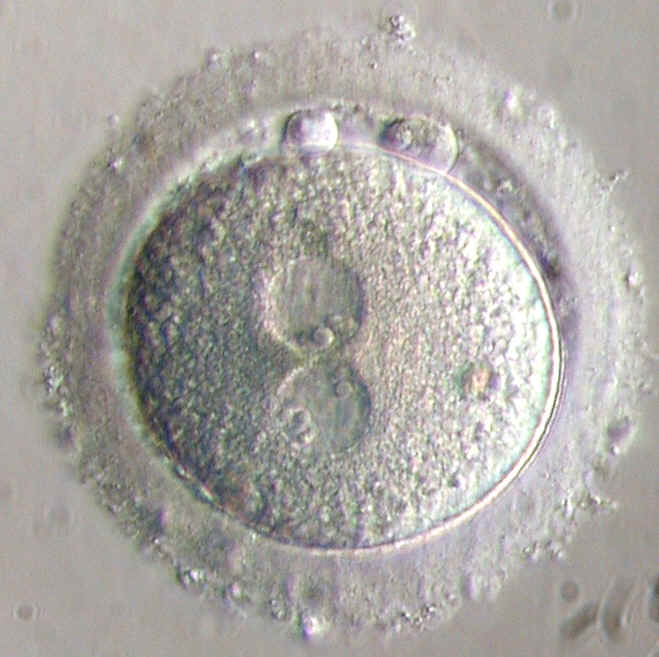
Scientists are heralding a massive breakthrough in stem cell research today, after a team of American and Japanese researchers announced yesterday that they had succeeded in turning human skin cells into fully pluripotent stem cells, a move many have said may be the greatest medical breakthrough of recent times.
The technique involved an incredibly simple process of bathing the human skin cells in a weak citric acid solution for 30 minutes and inserting specific gene sequences back into the cells. The process astonished scientists just last month by successfully turning mouse blood cells into stem cells, allowing scientists to then turn those newly created stem cells into actual mouse embryos, demonstrating that the stem cells truly were pluripotent. The same process has now been successfully used to create human stem cells as well.
Pluripotent stem cells, which have the ability to reproduce indefinitely as well as be transformed into any other type of tissue, have long been proposed to be a potential cure for any number of conditions and diseases, from diabetes to spinal cord injuries. Ethical concerns have haunted research proposals, however, as most stem cells, previously, were derived from either from human embryos, and required killing the embryo in the process of retrieving the cells, or from the tissue of aborted fetuses. Concerns reached epic proportions when scientists announced just this past May that they had successfully cloned the first human embryos, literally bringing life to pro-life advocates’ fears of scientists creating human beings for the purpose of medical research.
The use of embryonic and fetal tissue stem cells has also been fraught with medical difficulties, including causing the growth of tumors in patients injected with the cells and disastrous side-effects during trials for treating Parkinson’s disease. Additional research revealed that the totipotent nature of embryonic stem cells leads to extreme difficulty creating truly differentiated cells and is a major culprit in the formation of tumors, while the need for constant medication to prevent rejection of the cells proved yet another hurdle in successfully treating any illness with embryonic or fetal stem cells.
By contrast, adult stem cells have been the subject of far more successful clinical trials, prompting a greater effort to delve into the possibilities of creating stem cells with adult tissue. With last week’s breakthrough of creating a truly pluripotent stem cell, the reality is closer than ever, and it avoids at least some of the incredible problems discovered in embryonic stem cell research. For example, this new process bypasses the hurdle of tissue rejection, as the new stem cells would be created from, and thus contain, the patient’s own DNA.
The biggest potential ethical concern with this advent, however, is that the cells could, as far as is currently known, also be used to clone human embryos. That step, however, is not at all necessary for experimentation on the cells, nor for any treatment of any illness, and researchers currently insist that there is no intention of using the cells for that purpose.
While continued vigilance is always needed, it’s a breakthrough that ought to have pro-life advocates rejoicing even more than the scientists who successfully pioneered the research, and pushing, once and for all, to end the destruction of human life in the name of medicine.







